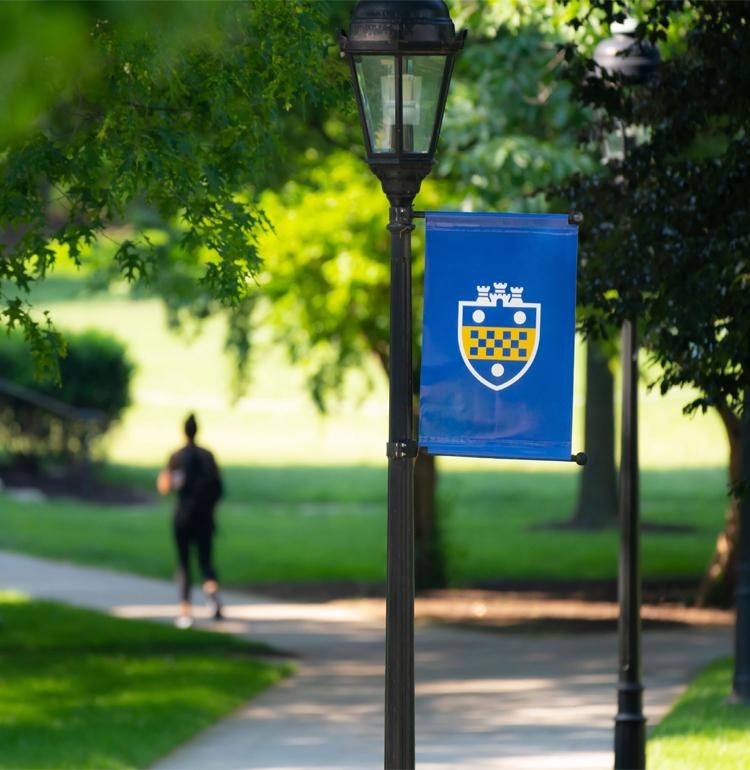The MSW Program’s Community, Organization, and Social Action (COSA) specialization is seeking socially active and civically engaged students who would like to pursue leadership careers in human services management, community development, and social change as professional social workers. MSW students who complete the COSA specialization, which is offered only at the Pitt-Main campus, gain the advanced knowledge and skills required for contemporary macro social work practice.
Students completing the COSA specialization acquire the ability to engage, assess, intervene, and evaluate practice with groups, organizations, and communities, bringing to bear evidence-informed approaches; a deep and abiding respect for diversity and difference; an emphasis on the strengths, assets, and empowerment of constituents and stakeholders; and a commitment to the social work profession’s values. They develop specialized skills in community organizing and mobilization as well as organizational management and administration, grounding their social work practice in an understanding of how it can contribute to securing human rights and social, economic, and environmental justice for all people. Students’ critical thinking and self-reflective skills are honed through their practicum and coursework.
COSA graduates pursue established and emerging professional opportunities in public, private, for profit and nonprofit organizations in such fields as health care, disability services, children and youth, family services, community revitalization and development, philanthropy, policy and planning, business and human resources, community centers, and more. Currently, COSA graduates are serving as executive directors, program managers, organizers, planners, grant officers, researchers, and educators in local, state, national, and international organizations.
The Pitt School of Social Work has the first and longest standing program in Community Organizing (CO) in any social work or professional school in the country. Want to learn more about this history? We are pleased to share Community Organization and Engagement Milestones, a report created to commemorate the COSA 60th Anniversary in 2018.
COSA Specialization Curriculum
After having fulfilled generalist curriculum requirements, MSW students pursuing the COSA specialization must complete:
- Two required COSA skill courses (SWCOSA 2084 and SWCOSA 2088)
- A second-level Human Behavior course (SWBEH 2008)
- A second-level Social Welfare course (SWWEL 2087)
- A second-level Research course (SWRES 2041)
- Two COSA skill elective courses from a menu of possible courses
- Two elective courses (i.e., additional COSA skill elective courses; additional second-level Human Behavior, Social Welfare, or Research courses; General Elective courses offered by the MSW Program; graduate-level courses offered elsewhere in the University)
Review the COSA curriculum guide (PDF) to learn more about course requirements.
Want to obtain information about course schedules or courses of study?
Certificates
Although not required, students can elect to complete one of three COSA certificate programs, or an MA certificate offered through Pitt’s Gender, Sexuality, and Women’s Studies program.
- COSA certificates:
- Gender, Sexuality, and Women’s Studies Certificate:
Dual, Joint and Cooperative Degree Programs
COSA students have the option of completing one of the following dual/joint/cooperative degree programs.
- Master of Social Work/ Master of Business Administration
- Master of Social Work/Master of Divinity
- Master of Social Work/Master of Public Administration
- Master of Social Work/Master of Public and International Affairs
- Master of Social Work/Master of International Development
- Master of Social Work/Master of Public Health
- Master of Social Work/Doctor of Philosophy (PhD) in Social Work
- Master of Social Work/Juris Doctorate (Not accepting applications for the 2024-2025 academic year. Please check back for updates.)
For More Information
For additional information about the COSA specialization, please contact:
Dr. Mary Ohmer
COSA Chair
mlo51@pitt.edu
Interested in learning how to apply for admission to the MSW Program?
